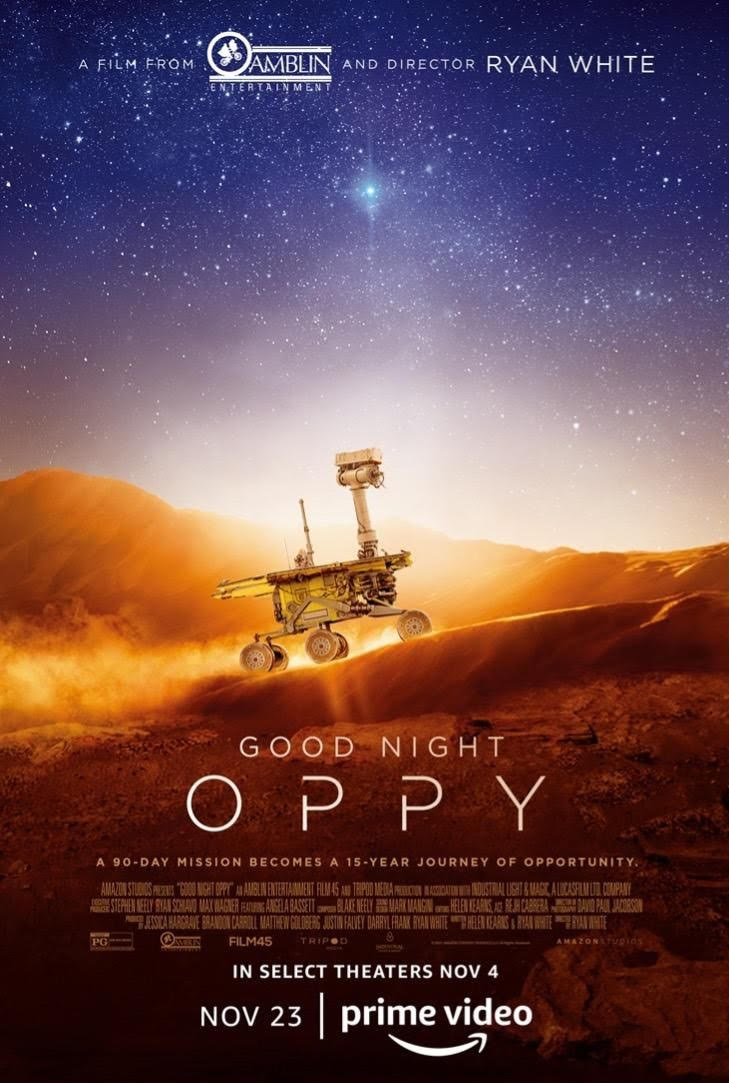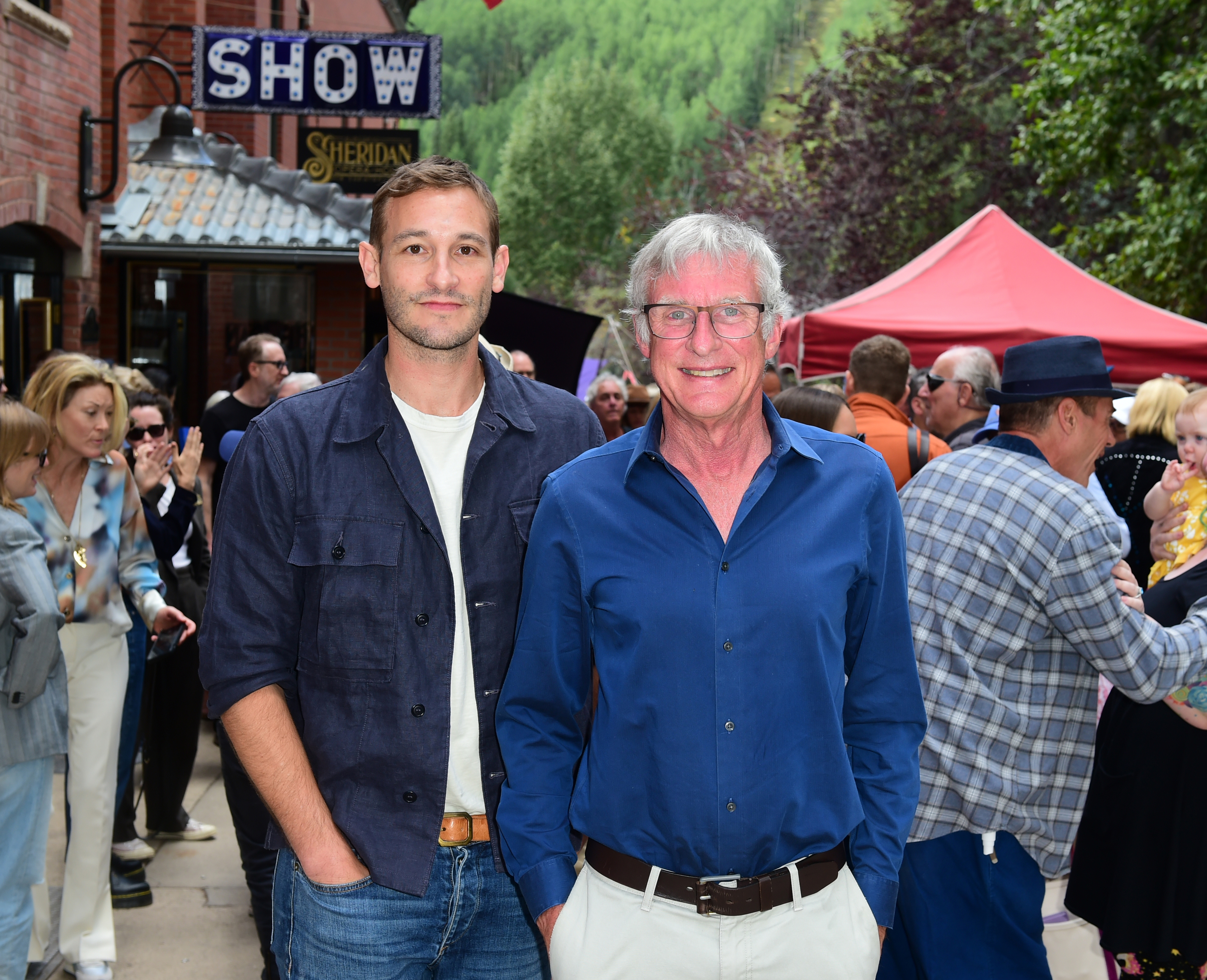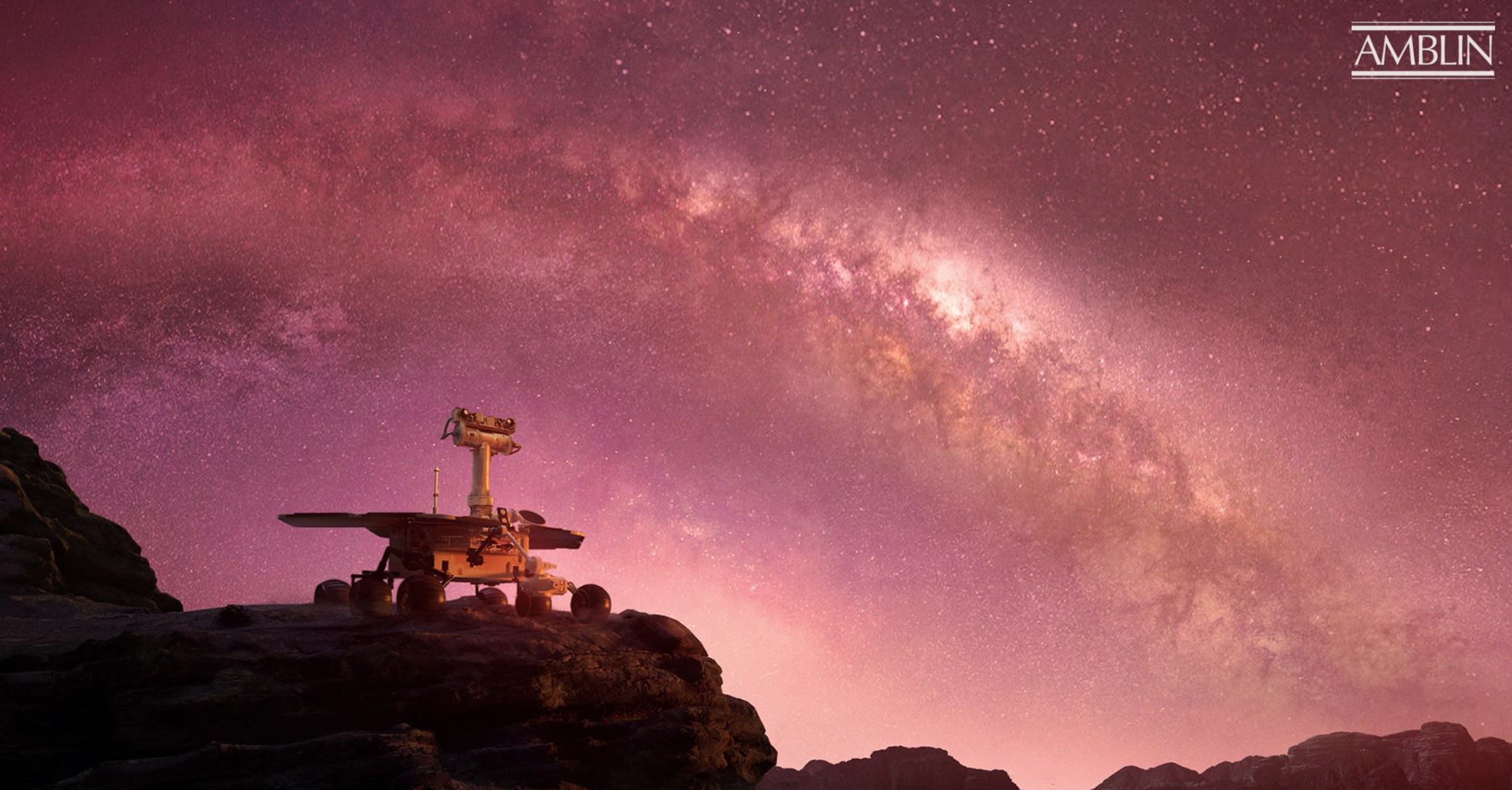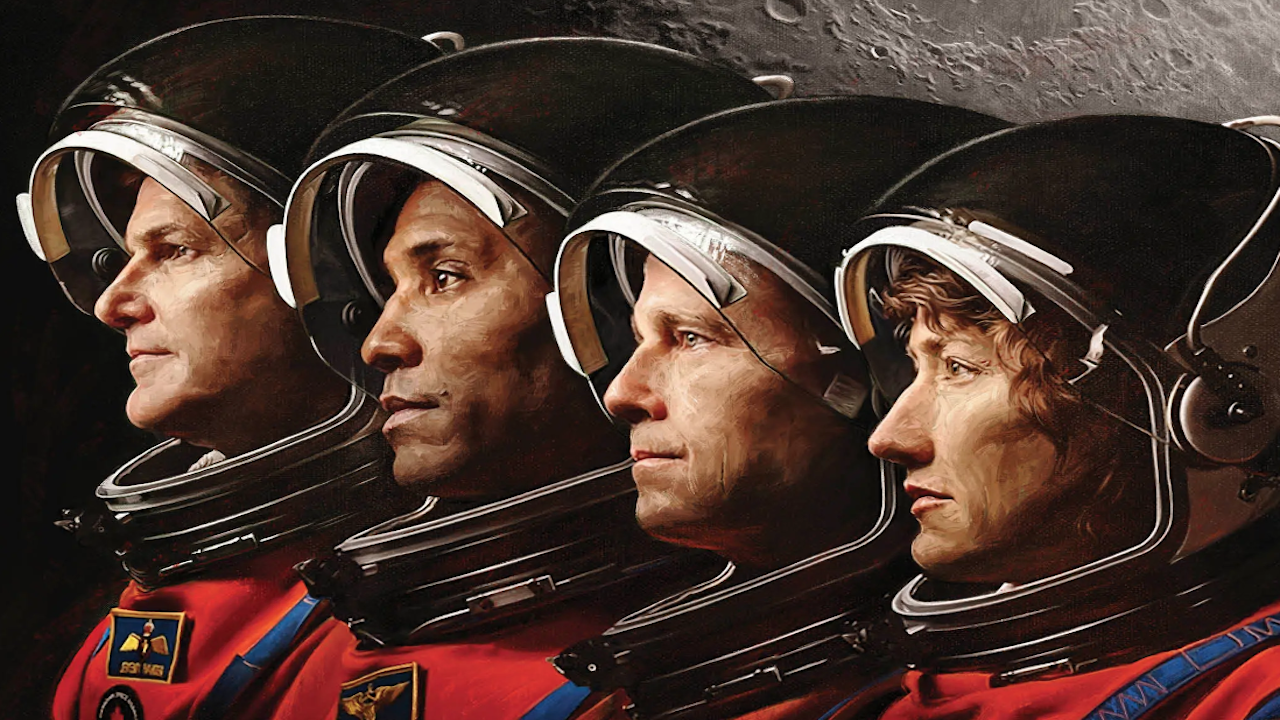'Good Night Oppy' director on his film about the Mars rover that refused to die (exclusive)
Some robots just refuse to die.
Presenting the improbable tale of a little space robot that could, Amazon Original Films is rolling out their inspirational documentary titled "Good Night Oppy" for theatrical release on Nov. 4, prior to its worldwide Prime Video launch on Nov. 23, just in time for a tear-filled family viewing on Thanksgiving.
Directed by Ryan White ("Ask Dr. Ruth," "The Keepers") and paired with the storytelling skills of Peter Berg's Film 45 and Amblin Television, this film chronicles the true story of Opportunity, the famous NASA rover delivered to Mars for what was expected to be a 90-day mission that actually survived for 15 years. "Good Night Oppy" honors Opportunity's legacy on Mars and the bond forged between a tireless robot and its human scientists and engineers back on Earth.
- Want to try Amazon Prime? Sign up for a free 30-day trial here.
- Subscribe to Amazon Prime for $12.99 a month
Back in 2003, NASA's Mars Exploration Rover (MER) mission sent twin rovers, Spirit and Opportunity, off to the Red Planet to collect geologic and atmospheric data. While Spirit expired an extraordinary six years later, "Oppy" defied all odds and remained operational delivering crucial scientific data until 2018.
Relying on the compelling vocal work of Angela Bassett, a variety of pop wake-up tunes, and candid accounts from Steve Squyres, JPL's principal investigator for the MER mission, "Good Night Oppy" is a triumph of the spirit blending archival NASA footage, current interviews with the main players, and breathtaking Martian CGI magic courtesy of Industrial Light & Magic.
We spoke with filmmaker Ryan White on the struggles crafting this remarkable documentary, restoring his inner child, and discovering the film's emotional core.
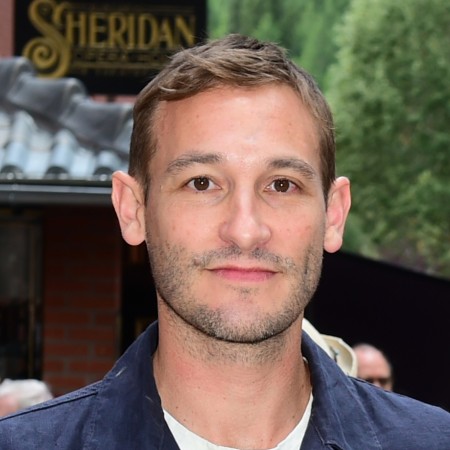
Ryan White is an American documentary filmmaker best known for his Netflix series "The Keepers," the HBO film "The Case Against 8," and the documentary "Ask Dr. Ruth." White won a director award at the Sundance Film Festival for his work on "The Case Against 8" and has been nominated for an Academy Award and a Primetime Emmy award.
Space.com: With oceans of NASA footage to sift through, what were the main challenges in composing a fitting tribute documentary?
Breaking space news, the latest updates on rocket launches, skywatching events and more!
Ryan White: NASA had an amazing cinematographer named John Beck Hofmann who'd shot most of this stuff back in the day and during critical moments of Opportunity and Spirit's mission. But the biggest challenge was just finding this archival stuff. It's not like it came in a super organized way.
All of these moments in the final film were found by somebody watching down footage, what we call loggers in the documentary world. I had a massive team and luckily and they'd all been briefed on the all the story beats and all the characters and what we wanted. Finding the needles in the haystack was the challenge and I had this huge team behind me to find those moments.
Space.com: The film touches upon themes of hope, mortality and surpassing expectations. How did you approach the material in crafting a narrative that would resonate with audiences?
White: I don't usually make issue-based films or educational films. For the most part, my whole filmography has been about a person or group of people in some sort of extraordinary circumstances. I never thought a character of mine would be a robot. The logline is great, right? The robot that was supposed to live for 90 days and ended up surviving for 15 years. So I knew this would be that type of character-based film that I would want to be a part of.
What I was pleasantly surprised by was how emotional the human characters were. I hadn't met any of the scientists and engineers you see in the film when I first started it. So many amazing people with incredible backstories that worked on these rovers. I was surprised with how much these people were wearing their hearts on their sleeves in these interviews. How truly emotional they were and how emotionally bonded they were to these rovers and to their missions.
Read more: As Massive Dust Storm Rages on Mars, Opportunity Rover Falls Silent
Space.com: What was it like working with lead mission specialist Steve Squyres, especially when he was looking over those vintage Viking images of Mars?
White: Steve's incredible. I had read his book and it gave us such a leg up in making the documentary because he'd outlined the early part of the mission and it was so detailed. I expected Steve to be a lot more serious and more detached and unemotional than he actually is in person. We premiered our film at the Telluride Film Festival over Labor Day weekend and Steve came with us. He was an emotional wreck after the screening. He was like a celebrity on the streets of Telluride once people started seeing the film. We had printed out those Mars images to take up to him in Seattle where he lives and I didn't expect that type of emotion, harkening back to those first moment that made him want to do space exploration.
And Steve really bookends the film. He's the real tugger-at- the-heartstrings at the end when he talks about picking the final wakeup song, which he had never done.
Space.com: ILM's amazing CGI work imagining the Red Planet landscape truly enhances the film. How was it working with George Lucas' legendary special effects studio?
White: The reason why we went with Industrial Light & Magic was that they really savored the opportunity of doing a documentary version of visual effects, which was something they'd never really done before. They had created Mars for various films but those had mostly been shot on location in some desert in Nevada and then they created the world around that.
Because Spirit and Opportunity had cameras on them and because the orbiters take so many photos, we had an incredible amount of photographs and data to give ILM where they could bring these scenes to life in a photorealistic way.
And it's not just the visual effects, it's the sound as well. Mark Mangini is our sound designer and thankfully JPL allowed him to go there and record the test beds of the robots, so he was able to capture the real sounds they make. Perseverance set down those recordings of wind on Mars for the first time and Mark was integrating those into the soundscape of the scenes. It was really big, especially for me as a documentary filmmaker, to be working with that type of epic visual effects but it was also familiar because we were doing it in a way which was all about authenticity.
Space.com: What was your gateway into space science or science fiction growing up?
White: I was a huge space geek and that's what was so fun about making this film, getting to return to those childhood sensibilities that I had when I was a boy. I wanted to be an astronaut and I think that's what a lot of kids wanted to be. Filmmaker and astronaut were always were my two jobs I'd say I wanted, even in third and fourth grade. I'm from Georgia where they make Cabbage Patch dolls, and my first one was the astronaut one so I loved all of that growing up.
And not just reality-based space, but I loved science fiction. Having worked on a film with Spielberg's company, Amblin, is such a dream because "E.T." was my favorite film as a little boy as well. Then life and adulthood happens, and for me, I went into a career and to schooling where I left that wonder and sense of awe behind and worked in very fact-based stuff. This was pure fun to work on in every way. The biggest reason is because I felt like it was restoring that inner child in me that got to look up at the sky and dream of what could be up there and imagine getting to go to those places that seem so far away. It was a real joy in that way.
Space.com: How do you hope viewers respond to "Good Night Oppy" once it opens in theaters?
White: It's incredible to get to see the movie in the theater. We built this for the big screen and that's why we worked with Industrial Light & Magic, so I hope people will go see it when it comes out in theaters in early November. I became a filmmaker because I grew up going to my local movie theater all weekend long and I love the group theatrical experience. The part that's been quite gratifying is the humor in it. When you're in an audience of hundreds of people and you hear a collective laugh, it's really rewarding.
Same thing with the wakeup songs. Getting to hear those in a theater and watching people bop their heads along to it and enjoy it. That's why we become filmmakers, to give audiences that collective emotional experience. I never thought it would be a robot that pulled those emotions out in my filmography, but I'm very happy it was.
"Good Night Oppy" roves its way into movie theaters starting Nov. 4, 2022, and on Prime Video starting Nov. 23.
Follow us on Twitter @Spacedotcom or on Facebook.
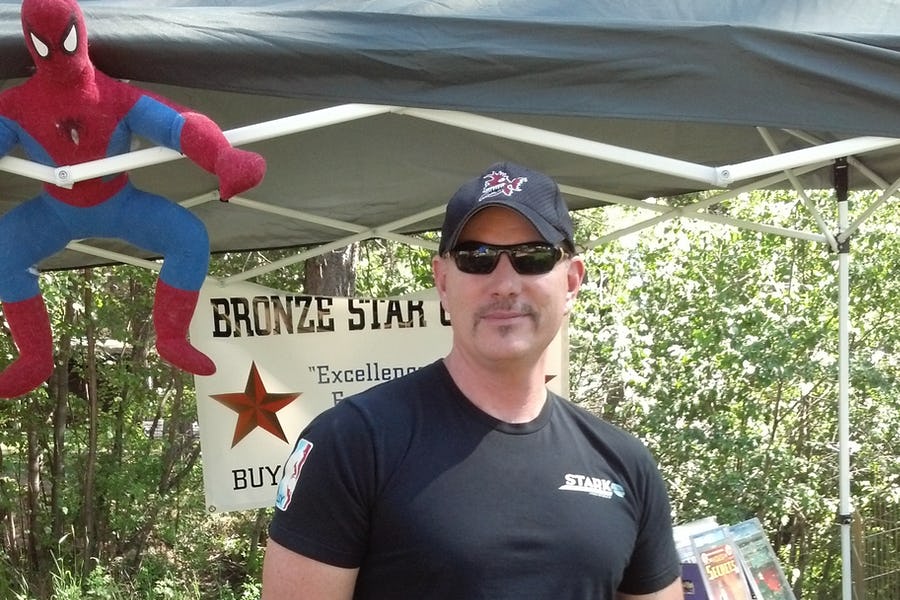
Jeff Spry is an award-winning screenwriter and veteran freelance journalist covering TV, movies, video games, books, and comics. His work has appeared at SYFY Wire, Inverse, Collider, Bleeding Cool and elsewhere. Jeff lives in beautiful Bend, Oregon amid the ponderosa pines, classic muscle cars, a crypt of collector horror comics, and two loyal English Setters.
